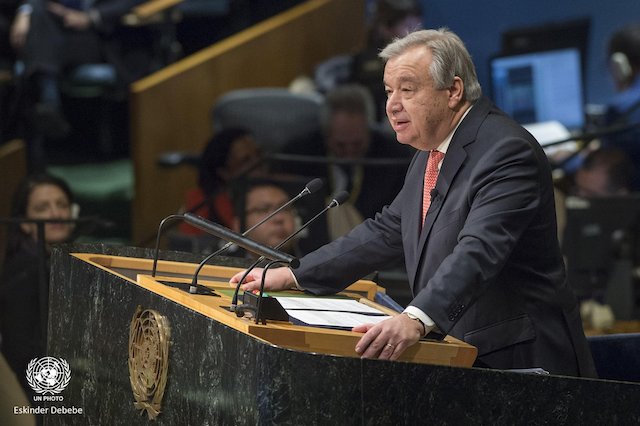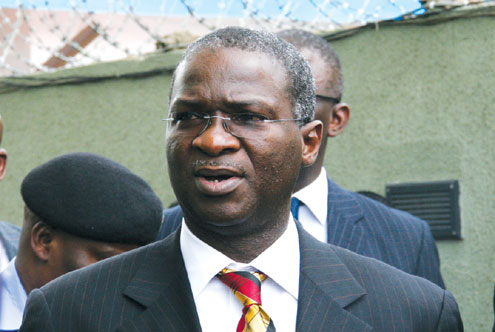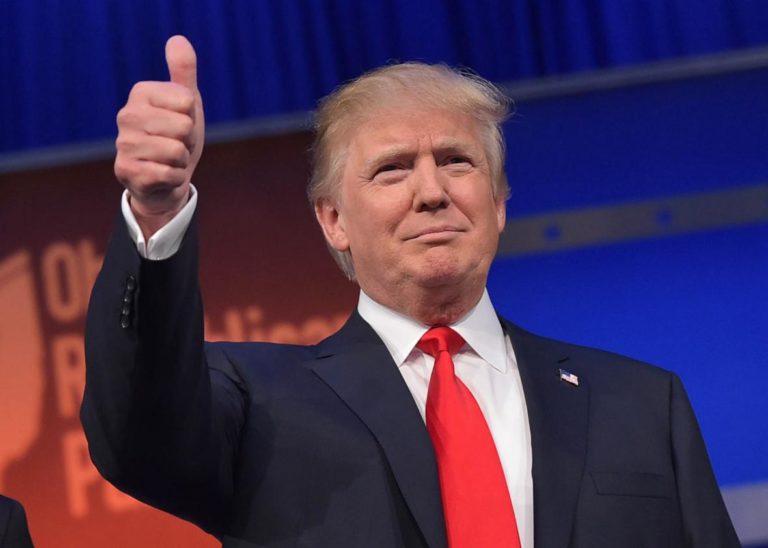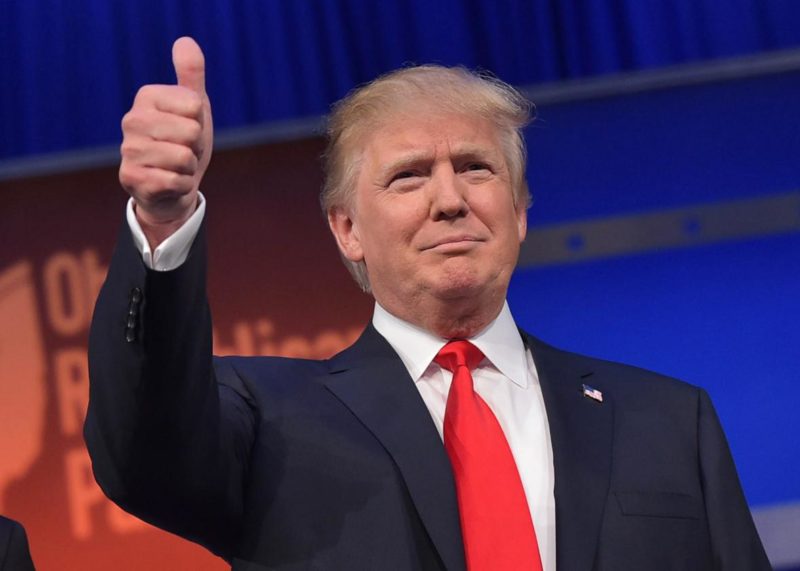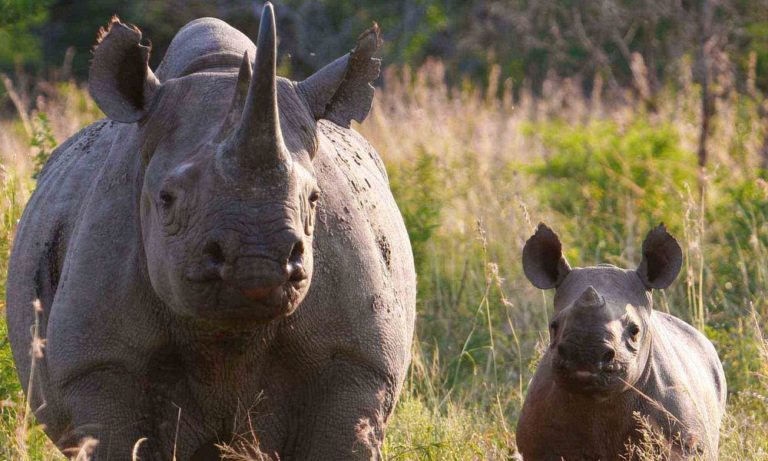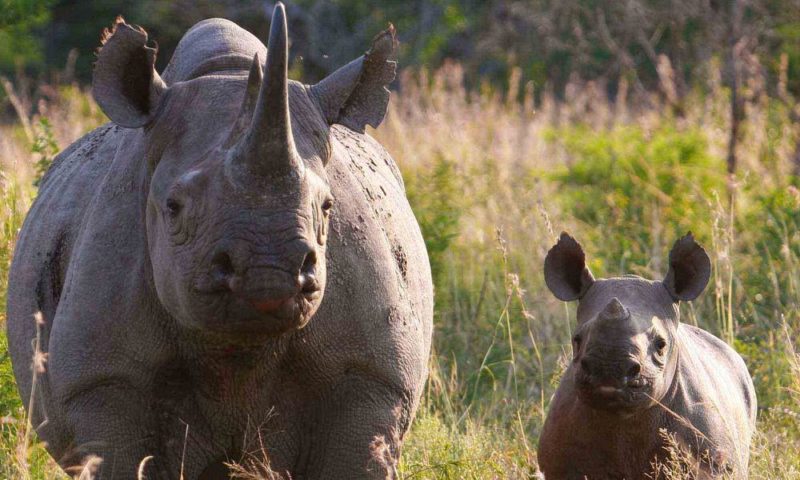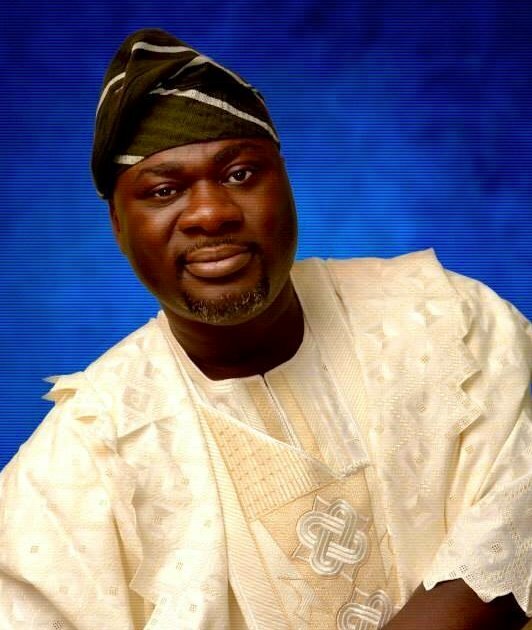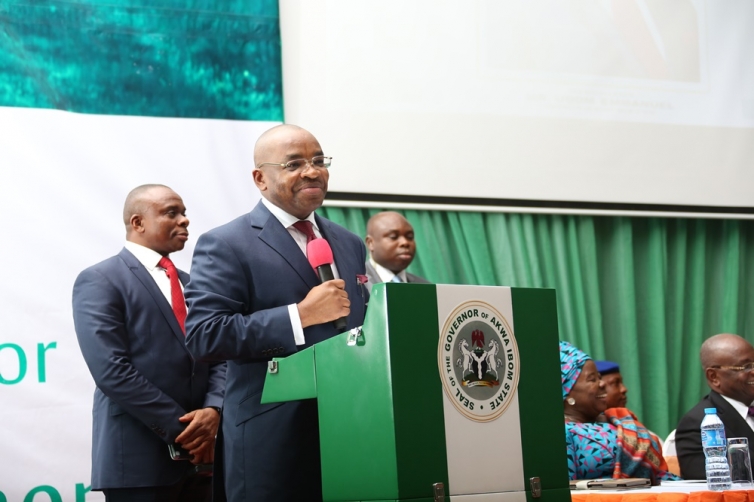The need to interrogate what patriotism means in the context of the challenges of the push of modern agricultural biotechnology into Nigeria and Africa has been instigated by an article by a Lagos-based research scientist titled “Biotech agencies NIREC report and unpatriotic activism.”
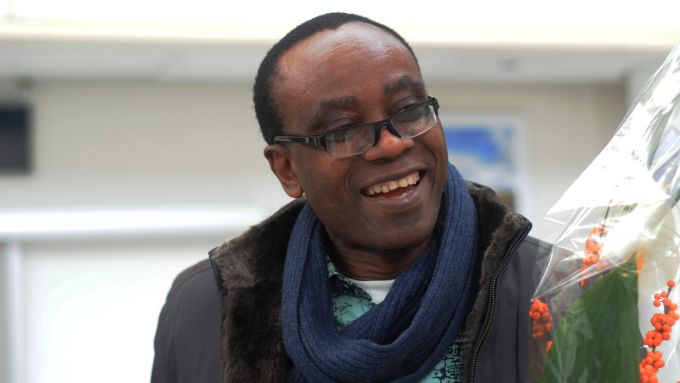
That article opened with this claim: “Recently, a group representing the National Inter-Religious Council (NIREC) issued a press release with the intention of misleading the public and pursuing an alien agenda.” I have personally not seen the “statement” that was supposedly released by NIREC and probably would not have learned of the publication in Daily Trust, but for the strident responses from the government agencies and their proxies. I also have strong doubts that the Daily Trust publication was a press release “from a group representing the National Inter-Religious Council (NIREC).” The source of the story, however, is not our concern here.
Generally, when we speak of patriotism we evoke a sense of ‘nationalism’ and ‘loyalty’ to one’s nation or group. From the perspective of some commentators, patriotism means endorsing without question anything that a government or government agency suggests or does. Permit me to equate that to the Warrant Chief mentality of the colonial era. The colonial governments would have seen those chiefs as epitomes of patriotism. But we do know that they were loyal to foreign interests rather than the interests of our peoples or nations. We can further say that the mind-set that holds that government action is always right and must be supported willy-nilly is a very dangerous mind-set.
For an immediate modern day example by which we can examine the puerile claim that government (agency) worship is equal to patriotism, we only need to look at the current resistance to the travel ban proposed by the president of the United States of America. The president proclaimed a ban, the world was aghast, legal challenges were instituted, the government lost and a revised ban was issued. As we write, a court has blocked that new presidential order. It is our guess that those who object to the travel ban can be labelled unpatriotic, after all the orders were issued by a president. No applause for such logic. We must ask ourselves why biotechnology proponents find it hard to accept that their ideas can be questioned and that they could be wrong, as they often are. The falsehood of the myths of the biotechnology industry have been demonstrated continuously and shown for what they are. Moreover, Nature repeatedly trumps the myths – through super weeds, superbugs, etc.
Let us linger a bit more on criticism as lack of patriotism. What is patriotic about foisting on Nigeria a technology that has failed woefully in Burkina Faso, a neighbouring country? How come we are wishing away the fact that the quantity and quality of cotton harvests in Burkina Faso has picked up since they escaped the GMO hoax?
What is patriotic about forcing down our throats, a system that was sold as revolution for small scale farmers in Makhathini Flats, Kwa Zulu Natal, South Africa in 1998 but failed woefully?
We will look at other issues in the article written by the Lagos-based scientist who apparently must be an insider in one or both of the agencies defended in the article. The scientist appears to have the voice of Jacob, but the hands of Esau.
The argument that anyone opposing GMOs is doing so for pecuniary reasons, or is acting as someone’s stooge, is laughable. That same argument can be extended to those of us opposed to criminal oil pollutions, toxic dumps and the like. The same can be said of those of who fought against military dictatorship in Nigeria, against apartheid in South Africa or slavery in the USA. It is a weak, poor and worthless argument that does not even merit a response. What would the Lagos-based scientist say of the web of actors and sponsors that are openly funding and pushing for the deployment of GM crops in Africa?
The committee that NIREC set up to review the GMO situation in Nigeria was an advisory one made up of academics, researchers and people of faith. To my knowledge, apart from secretariat support, members were/are not part of NIREC. The committee invited the two key institutions promoting or overseeing the “deployment” of GMOs in Nigeria.
Finally, the Lagos based scientist stated in the article under reference and we quote: “Nnimmo Bassey was an active player in the processes that cumulated in the establishment of the NBMA, so to turn around and say that the Agency is a brain child of NABDA questions his credibility and integrity.” (our emphasis).
Let us go back to what we wrote in the article that drew the ire of the Lagos-based scientist. Here is it: “A preliminary comment that is of important at this point is that these two agencies operate like conjoined twins. And that may be so because NBMA is purportedly the brainchild of NABDA. No, that is not my imagination.”
Note that I used the word “purportedly” and then added that I did not imagine that curious supposition. The fact is that the disclosure that NBMA was a brainchild of NABDA was stated by the official that represented one of the agencies when they appeared before the NIREC committee. We do not think it is important to say who among the two made that incredible claim. But if anyone really wants to know the information it can be shared. This writer did not imagine, claim or say it. The revelation unveils the foundational flaw of the GMO scaffold.
In any case, those who promoted the NBMA Bill have their logos printed on the back of the document that was distributed at the Public Hearing on the Biosafety Bill Organised by the Joint Committee on Science and Technology and Agriculture, Abuja, 9th December 2009, at the National Assembly. To suggest that this writer ever endorsed what was signed into law by our former president is an incredible distortion of the truth. When we recognise that we have a bad product, two of the ways to respond is dropping it or reviewing it. One of the organisational flyers of NBMA carries the names of individuals, including those from CSOs that are totally opposed to GMOs but attended one of the meetings in the preparatory stages of the bill that has become law. Why are those names listed on a promotional flyer? To gain credibility? To silence opposition? Did their attendance indicate that they endorsed the bill? Top officials of NBMA and NABDA had in time past been invited to our events, we would never put their names in our flyers or be under any illusion that they are no longer promoting the ‘deployment’ of GMOs in Nigeria because we invited them to our events. We know they would not flip their script.
In conclusion, let us just state that no law is cast in concrete, although even concrete cannot last for ever. No matter what the current GMO promoters say, believe or defend, the fact remains that a defective piece of legislation ultimately will be reviewed or jettisoned. The same will be the terminal point of a technology whose obsolescence is already appearing.
By Nnimmo Bassey (Director, Health of Mother Earth Foundation – HOMEF)


